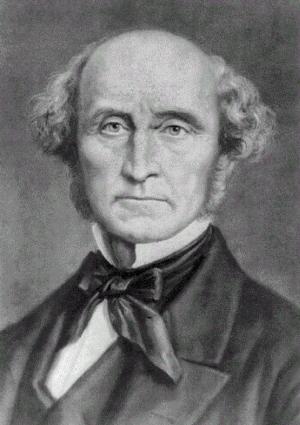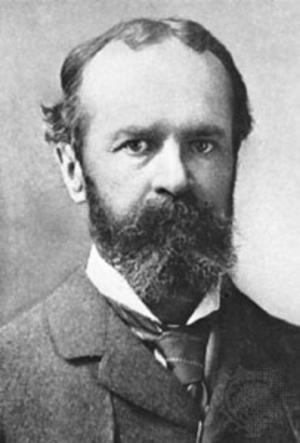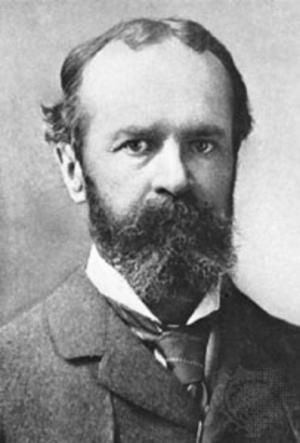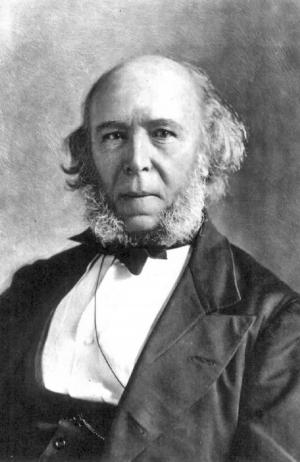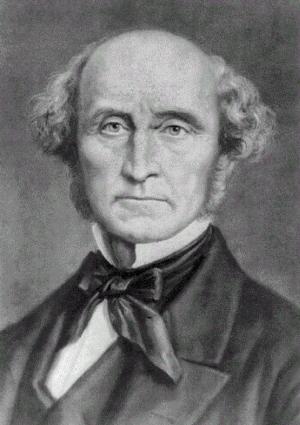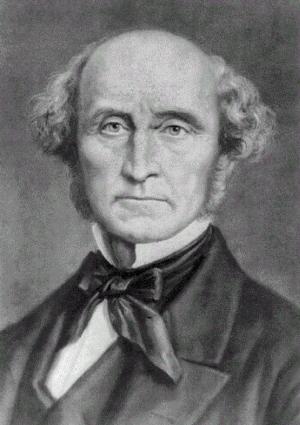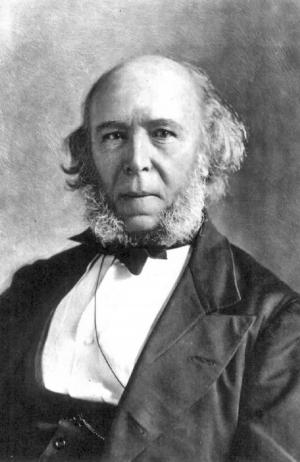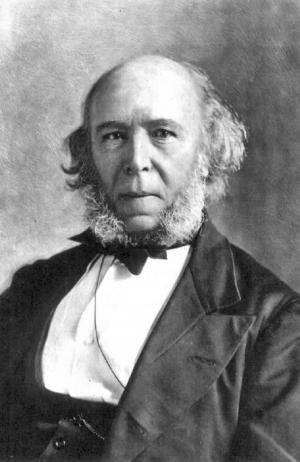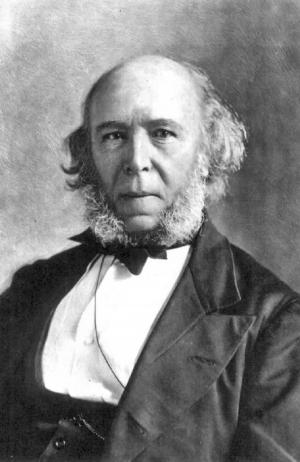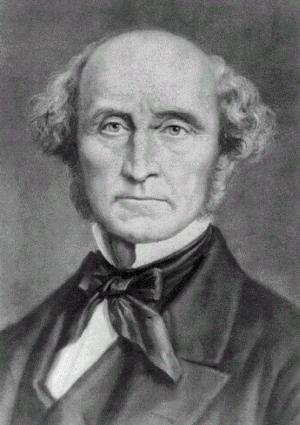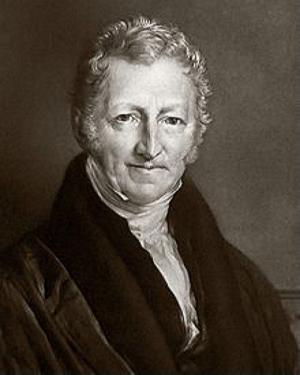THE GENERAL THEORY OF EMPLOYMENT, INTEREST AND MONEY (Illustrated and Extended with John M. Keynes Library)
Business & Finance, Economics, Macroeconomics, Theory of Economics| Author: | John Keynes | ISBN: | 1230000268355 |
| Publisher: | AS Team | Publication: | September 16, 2014 |
| Imprint: | Language: | English |
| Author: | John Keynes |
| ISBN: | 1230000268355 |
| Publisher: | AS Team |
| Publication: | September 16, 2014 |
| Imprint: | |
| Language: | English |
The book has an active table of contents for easy access to each chapter of the following titles:
1) THE GENERAL THEORY OF EMPLOYMENT, INTEREST AND MONEY - JOHN MAYNARD KEYNES
2) THE ECONOMIC CONSEQUENCES OF THE PEACE - JOHN MAYNARD KEYNES
3) CAPITAL VOLUME ONE - KARL MARX
4) CAPITAL VOLUME TWO - KARL MARX
5) CAPITAL VOLUME THREE - KARL MARX
6) CAPITAL VOLUME FOUR - KARL MARX
7) The Wealth of Nations – Adam Smith
John Keyes made essential contributions to classical economics and he has been called the most influential classical economist along with Adam Smith, Thomas Malthus, John Stuart Mill, and Karl Marx.
The General Theory of Employment, Interest and Money is the most important work by John M. Keynes in economic history. The work is served as a theoretical foundation for the interventionist policies that are popular today.
In addition to the theory of Keynesian economics, Keynes’s most important legacy is on the subjects of war and economy. After Keynes attended the Versailles Conference as a delegate of the British Treasury, he wrote the book The Economic Consequences of the Peace in 1919 to establish a general opinion that the Versailles Treaty was a Carthaginian Peace. The book also helped to consolidate American public opinion against the treaty and involvement in the League of Nations.
John Keynes in the books THE ECONOMIC CONSEQUENCES OF PEACE and A REVISION OF THE TREATY given a powerful discussion about the core economic subjects of war, global political issues, and economic development. A Revision of the Treaty is a sequel to The Economic Consequences of Peace.
Keynes was also a key player in establishing the Bretton Woods system and Marshall Plan after Second World War due to his lessons learned from Versailles as well as the Great Depression. He is usually credited to lay out the theoretical foundation for the United States to form Marshall Plan to response to Soviet ‘Salami Tactics’ after the Second World War. You can see those real economic systems helped by Keynes similar to that proposed in The Economic Consequences of the Peace.
John Keynes was also one of those rare people who achieved both tremendous investing success and lasting fame. When he died, his estate was worth more than $17 million in today’s dollars. The path of value theory can be traced back to David Ricardo and John Keynes. Ricardo and Keynes pioneered the path of value investing continued by Benjamin Graham, Philip Arthur Fisher, and Warren Buffett in the United States.
John M. Keynes Library, Adam Smith, John Keynes, and Karl Marx defined three dimensions of modern economic world that we are still on the paths to explore. This is a must-read book for people who are also interested in the deepest thoughts and views about war, global politics, and economic development by John Keynes, Adam Smith, and Karl Marx, three of the greatest economic thinkers on the planet.
The book has an active table of contents for easy access to each chapter of the following titles:
1) THE GENERAL THEORY OF EMPLOYMENT, INTEREST AND MONEY - JOHN MAYNARD KEYNES
2) THE ECONOMIC CONSEQUENCES OF THE PEACE - JOHN MAYNARD KEYNES
3) CAPITAL VOLUME ONE - KARL MARX
4) CAPITAL VOLUME TWO - KARL MARX
5) CAPITAL VOLUME THREE - KARL MARX
6) CAPITAL VOLUME FOUR - KARL MARX
7) The Wealth of Nations – Adam Smith
John Keyes made essential contributions to classical economics and he has been called the most influential classical economist along with Adam Smith, Thomas Malthus, John Stuart Mill, and Karl Marx.
The General Theory of Employment, Interest and Money is the most important work by John M. Keynes in economic history. The work is served as a theoretical foundation for the interventionist policies that are popular today.
In addition to the theory of Keynesian economics, Keynes’s most important legacy is on the subjects of war and economy. After Keynes attended the Versailles Conference as a delegate of the British Treasury, he wrote the book The Economic Consequences of the Peace in 1919 to establish a general opinion that the Versailles Treaty was a Carthaginian Peace. The book also helped to consolidate American public opinion against the treaty and involvement in the League of Nations.
John Keynes in the books THE ECONOMIC CONSEQUENCES OF PEACE and A REVISION OF THE TREATY given a powerful discussion about the core economic subjects of war, global political issues, and economic development. A Revision of the Treaty is a sequel to The Economic Consequences of Peace.
Keynes was also a key player in establishing the Bretton Woods system and Marshall Plan after Second World War due to his lessons learned from Versailles as well as the Great Depression. He is usually credited to lay out the theoretical foundation for the United States to form Marshall Plan to response to Soviet ‘Salami Tactics’ after the Second World War. You can see those real economic systems helped by Keynes similar to that proposed in The Economic Consequences of the Peace.
John Keynes was also one of those rare people who achieved both tremendous investing success and lasting fame. When he died, his estate was worth more than $17 million in today’s dollars. The path of value theory can be traced back to David Ricardo and John Keynes. Ricardo and Keynes pioneered the path of value investing continued by Benjamin Graham, Philip Arthur Fisher, and Warren Buffett in the United States.
John M. Keynes Library, Adam Smith, John Keynes, and Karl Marx defined three dimensions of modern economic world that we are still on the paths to explore. This is a must-read book for people who are also interested in the deepest thoughts and views about war, global politics, and economic development by John Keynes, Adam Smith, and Karl Marx, three of the greatest economic thinkers on the planet.

